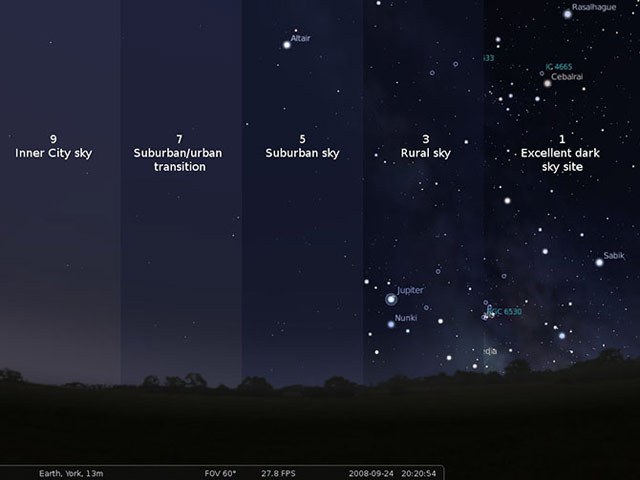Forget Facebook, daddio, because
Lifeinvader is where the cool kids are at. Yes, Lifeinvader is a social network parody launched by Rockstar ahead of
Grand Theft Auto 5's arrival next week, and it likely features some of the characters and brands from the game itself.
The site loads up various profiles when accessed, including ones for returning soda Sprunk, hairdresser Herr Kutz Barber, and Redwood Cigarettes, the latter running a promo for 10 percent off your first visit to a hospital when you "stalk" them on Lifeinvader.
GTA 4 had plenty of parody websites, so it wouldn't be a surprise to see Lifeinvader in
GTA 5 when it launches on Xbox 360 and PS3 on September 17. We'll avoid detailing its content any further for those who want to go in knowing as little as possible, but we must mention some of the Lifeinvader taglines, because they're great: "Portray the life you want online," "Make friends with strangers," and "Making the private public," are a few of the best.
Right, now to post this on Facebook ...
 Rockstar launches GTA 5 social network parody Lifeinvader originally appeared on Joystiq on Thu, 12 Sep 2013 09:30:00 EST. Please see our terms for use of feeds.
Rockstar launches GTA 5 social network parody Lifeinvader originally appeared on Joystiq on Thu, 12 Sep 2013 09:30:00 EST. Please see our terms for use of feeds.
Permalink |
Email this |
Comments





















